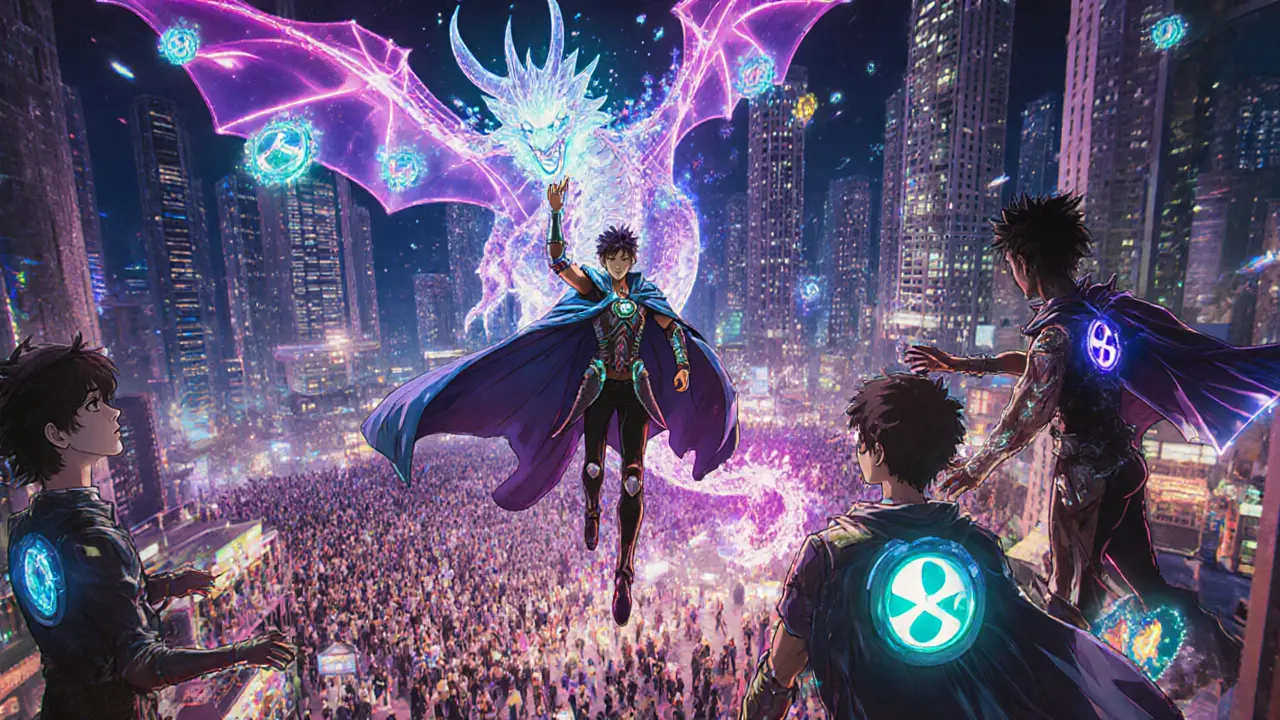

When you buy a sword in a game, do you really own it? NFTs in games, non-fungible tokens that represent unique digital items on a blockchain. Also known as blockchain-based in-game assets, they’re meant to let you truly own, sell, or trade what you earn—no platform can take it away. But most NFT games don’t deliver on that promise. Instead of ownership, you get locked-in tokens with no real value, fake demand, and no way to cash out.
The idea sounds simple: kill a dragon, get an NFT sword, sell it for real money. But in practice, play-to-earn, a model where players earn cryptocurrency or NFTs by playing often turns into a grind with diminishing returns. Projects like Dinosaureggs and VikingsChain promised big payouts, but ended with $0 tokens and zero trading volume. Meanwhile, digital ownership, the real promise behind NFTs in games—the ability to move your gear between games or sell it on open markets—rarely works. Most NFTs are tied to one game, one platform, and one doomed economy.
Why does this keep happening? Because many NFT games are built to attract investors, not players. They hype up token sales, run fake airdrops, and use bots to create the illusion of demand. Real NFT gaming isn’t about earning quick cash—it’s about building systems where your time and skill translate to assets that hold value outside the game. A few projects are trying, but most fail before the first update. What you’ll find below are real breakdowns of NFT games that promised the moon but delivered dust, scams disguised as opportunities, and the rare exceptions that actually let players keep what they earn.

Metaverse gaming blends blockchain, VR, and play-to-earn models to create persistent digital worlds where players own assets, earn income, and socialize in 3D spaces. It's not just gaming-it's a new economy.